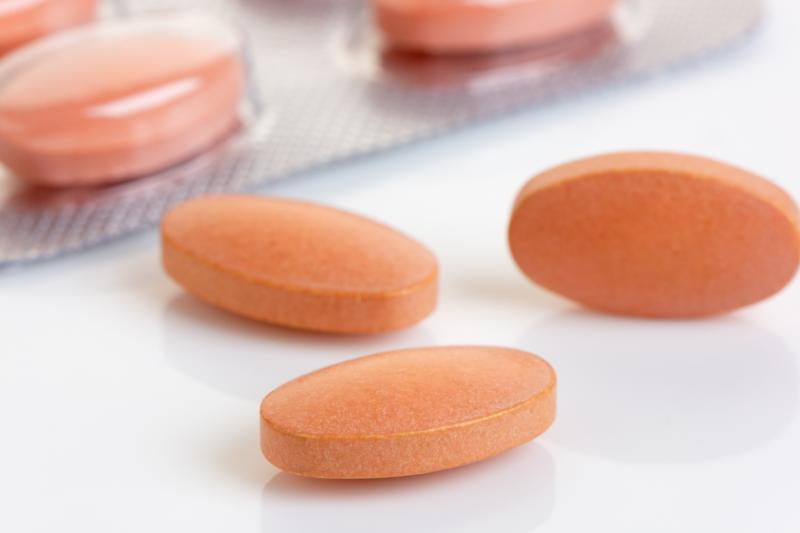
Use of atorvastatin or simvastatin helps lower serum C-reactive protein (CRP), as well as interleukin (IL)-6, concentration in individuals with abnormal glucose haemostasis, according to the results of a systematic review and meta-analysis.
Researchers searched multiple online databases for randomized controlled trials evaluating the effect of statins on serum concentrations of CRP and IL-6 in adults with abnormal glucose homeostasis.
The search yielded 17 publications, with 21 effect sizes and involving 3,766 participants (1,895 in the intervention group and 1,871 in the control group), for inclusion in the meta-analysis. A random-effects model was used to estimate effect sizes, which were represented as weighted mean differences (WMDs).
Thirteen effect sizes from 10 studies revealed a significant decrease in serum CRP levels following the administration of atorvastatin (WMD, −0.35, 95 percent confidence interval [CI], −0.54 to −0.17; I2, 90.6 percent).
The same was true when six effect sizes were pooled from five studies, with simvastatin therapy inducing a substantial decrease in serum concentration of CRP (WMD, −0.66, 95 percent CI, −0.79 to −0.54; I2, 97.6 percent).
Five effect sizes from four studies showed an association between atorvastatin therapy and a marked decline in serum IL-6 concentration (WMD, −0.44, 95 percent CI, −0.65 to −0.22; I2, 93.9 percent).
The present data highlight that statins may provide additional benefits in the present population, given that low-grade inflammation is a significant factor in the pathogenesis of diabetes and most diabetics have dyslipidaemia, the researchers said.